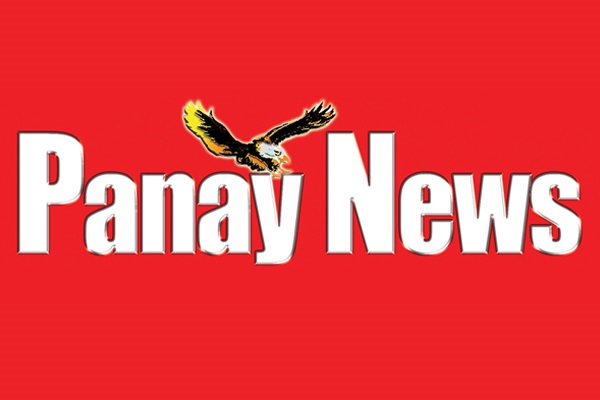
[av_one_full first min_height=” vertical_alignment=” space=” custom_margin=” margin=’0px’ padding=’0px’ border=” border_color=” radius=’0px’ background_color=” src=” background_position=’top left’ background_repeat=’no-repeat’ animation=”]
[av_heading heading=’LTFRB presses for P.50 jeepney fare hike’ tag=’h3′ style=’blockquote modern-quote’ size=” subheading_active=’subheading_below’ subheading_size=’15’ padding=’10’ color=” custom_font=”][/av_heading]
[av_textblock size=” font_color=’custom’ color=’#0a0a0a’]
Sunday, February 26, 2017
[/av_textblock]
[av_textblock size=” font_color=’custom’ color=’#0a0a0a’]
BACOLOD City – The Land Transportation Franchising and Regulatory Board (LTFRB) is recommending a jeepney fare increase of 50 centavos for the first five kilometers in Western Visayas and Negros Occidental.
This will result in P7 fare for regular passengers of public utility jeepneys (PUJs) and P5.50 for students, persons with disabilities (PWDs) and senior citizens, said Atty. Jose Marie Lamparero, spokesperson and legal officer of LTFRB-6.
The regional agency already conducted consultations with transport groups, Lamparero said.
The steady increase in the pump prices of petroleum products prompted them to recommend the increase, he added.
The existing P6.50 and P5 PUJ fares for regular passengers, and students, PWDs and senior citizens, respectively, took effect on Feb. 1, 2016.
The series of rollbacks in the prices of diesel, which is used mainly by PUJs, and gasoline resulted in the fare rate reduction last year.
With regard to the proposed fare hike, LTFRB-6 has scheduled a hearing in Iloilo City on March 13.
Lamparero said the LTFRB-6 will start distributing the notice of hearing to transport leaders, students, and other sectors in the province next week.
Representatives of the Department of Trade and Industry and National Economic and Development Authority will give their opinions on the impact of fare increase to the region’s economy.
“The hearing will serve as opportunity for stakeholders to oppose or agree,” Lamparero said, adding that parties opposing the fare hike recommendation must file their written opposition on or before the hearing schedule.
After the hearing, LTFRB-6 will submit reports to the agency’s Central Office.
The latter then will issue an order approving, or denying, the recommendation.
“If approved, the order will be published. The fare increase will then take effect,” Lamparero said. (PNA)
[/av_textblock]
[/av_one_full]



